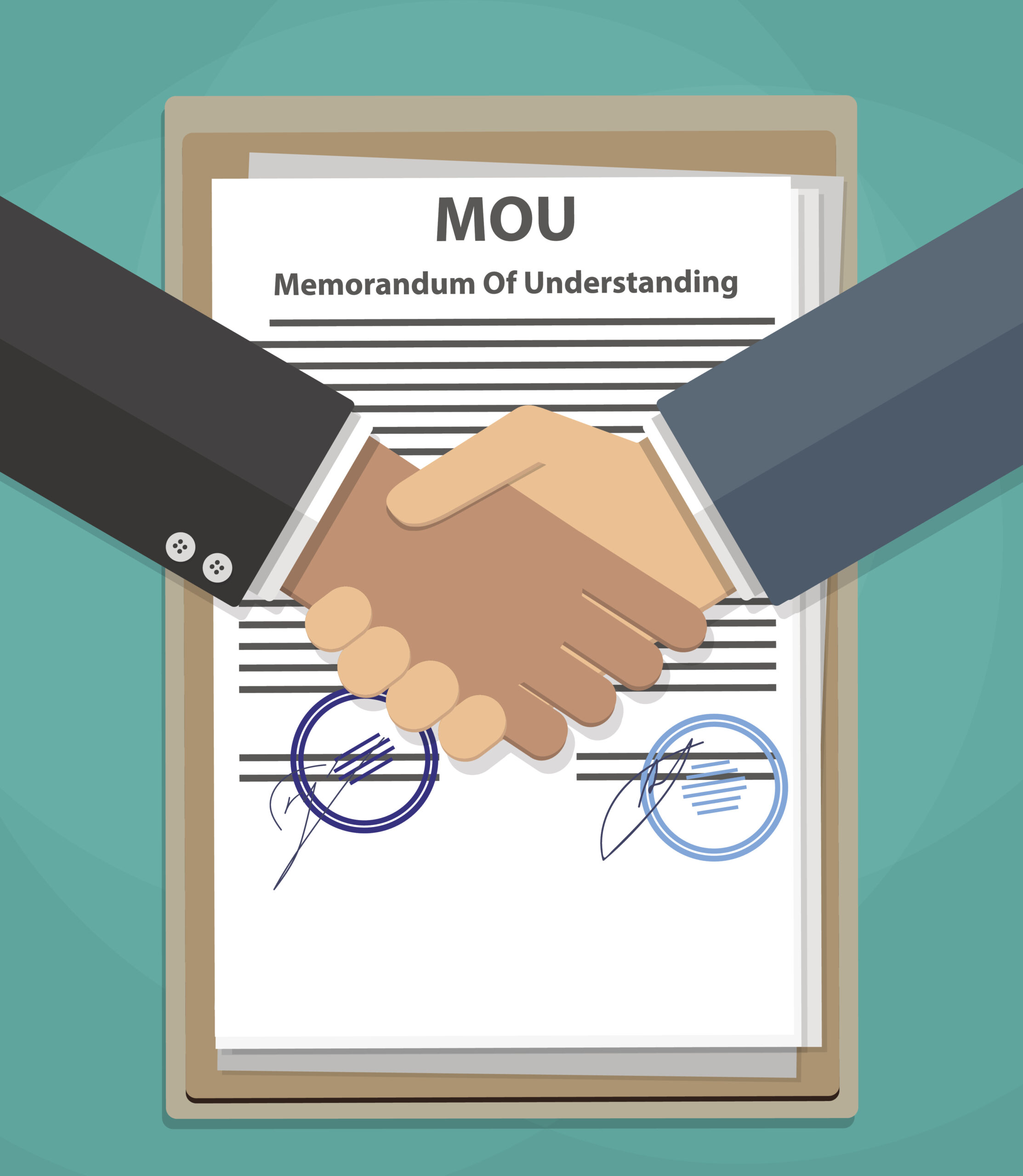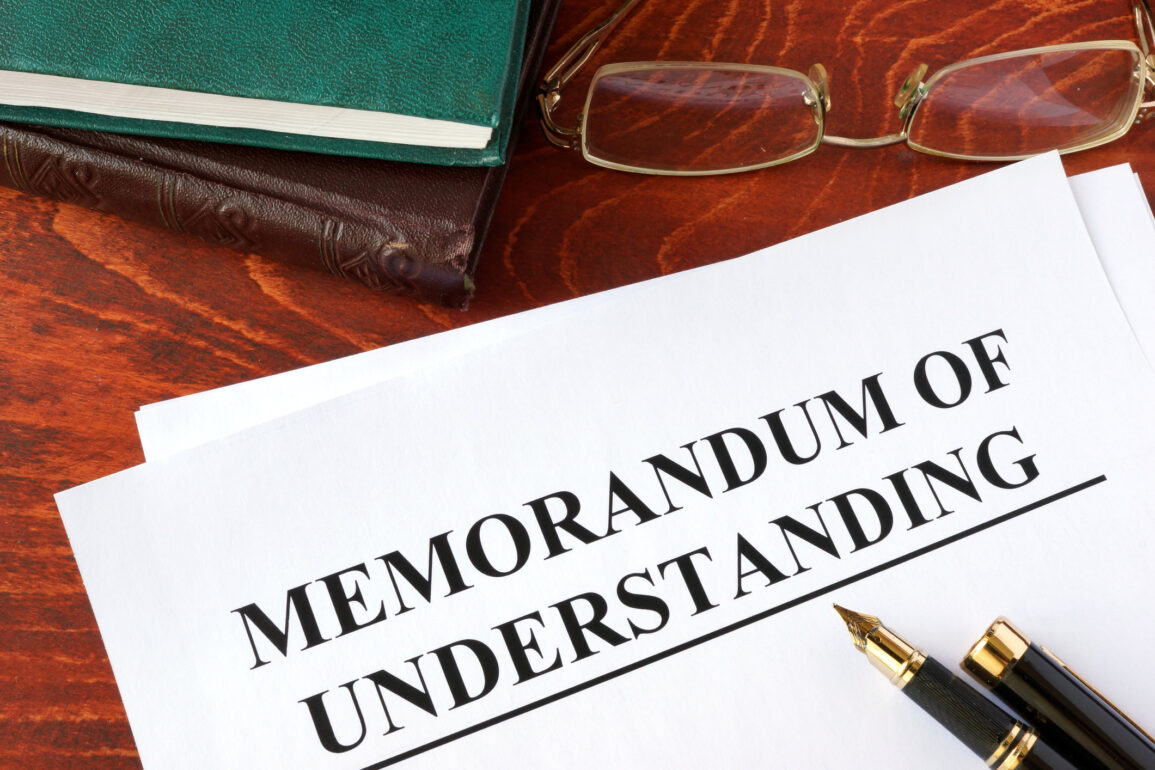A Memorandum of Understanding (MoU) for a Services Agreement is a crucial document that outlines the terms and conditions agreed upon between parties when entering into a service-based partnership or collaboration. This guide aims to provide comprehensive insights into crafting an MoU aligned with the laws of England and Wales.
Introduction
The MoU serves as a preliminary agreement between parties intending to enter into a formal contractual relationship for the provision of services. It sets the foundation for negotiations and clarifies the mutual understanding of the parties involved.

Parties Involved
Clearly identify the parties entering into the MoU, including their legal names, addresses, and any relevant company registration details. Ensure accuracy to avoid ambiguity in future dealings.
Purpose and Scope
Define the purpose and scope of the agreement concisely. Outline the objectives, goals, and expectations of the collaboration, specifying the services to be provided by each party.
Duration
Specify the duration of the MoU, including the commencement date and any provisions for renewal or termination. Clarity regarding the timeframe ensures both parties are aware of their commitments.
Responsibilities and Obligations
Detail the responsibilities and obligations of each party involved in the collaboration. Clearly outline the scope of services to be provided, along with any performance standards, timelines, and deliverables.
Confidentiality
Include provisions for maintaining confidentiality and protecting sensitive information shared between the parties. Specify the types of information considered confidential and the measures to be taken to safeguard it.
Intellectual Property Rights
Address ownership rights to any intellectual property developed or utilized during the collaboration. Specify whether intellectual property rights remain with the originating party or are jointly owned by both parties.
Financial Arrangements
Outline any financial arrangements, including payment terms, invoicing procedures, and any applicable fees or expenses. Specify the currency, frequency of payments, and any provisions for adjustments or disputes.
Dispute Resolution
Include provisions for resolving disputes that may arise during the collaboration. Specify mechanisms such as negotiation, mediation, or arbitration, and outline the steps to be taken to escalate unresolved disputes.
Governing Law and Jurisdiction
Specify the governing law of the MoU, ensuring alignment with the laws of England and Wales. Determine the jurisdiction for resolving legal disputes and specify the courts or arbitration tribunals with authority.
Termination
Include provisions for terminating the MoU, outlining the circumstances under which either party may terminate the agreement and the notice period required. Specify any consequences or obligations upon termination.
Signatures
Once the MoU is finalized, ensure that it is signed by authorized representatives of each party. Signatures signify acceptance and commitment to the terms outlined in the agreement.
Conclusion
A well-crafted Memorandum of Understanding: Services Agreement provides clarity and structure to collaborative arrangements, fostering successful partnerships between parties. By adhering to the guidelines outlined in this guide and seeking legal advice when necessary, parties can ensure their MoU is legally sound and aligned with the laws of England and Wales.
What is a Memorandum of Understanding (MoU) for a Services Agreement?
A Memorandum of Understanding for a Services Agreement is a non-binding document that outlines the terms and conditions agreed upon between parties entering into a collaborative relationship for the provision of services.
How does an MoU differ from a formal contract?
An MoU is typically non-binding and serves as a precursor to a formal contract. It outlines the intentions and expectations of the parties involved, whereas a formal contract is legally binding and provides specific details regarding rights, obligations, and remedies.
Is an MoU legally enforceable?
In general, an MoU is not legally enforceable in a court of law. However, it can still hold moral or ethical weight, and parties may choose to honor the commitments outlined within it.
What is the purpose of an MoU for a Services Agreement?
The purpose of an MoU is to establish a framework for collaboration between parties, define the scope of services to be provided, clarify responsibilities, and outline the general terms of the future formal contract.
Can an MoU be used as a standalone agreement?
While an MoU is typically not intended to be a standalone legally binding agreement, parties may choose to treat it as such in certain circumstances. However, it’s advisable to seek legal advice to ensure clarity and enforceability.
What happens after signing an MoU?
After signing an MoU, parties may proceed with negotiations to finalize a formal contract based on the terms outlined in the MoU. The formal contract will provide more detailed and legally binding terms.
Can an MoU be terminated?
Yes, an MoU can typically be terminated by either party at any time, as it is non-binding. Termination provisions should be outlined within the MoU itself.
Is confidentiality covered in an MoU?
Yes, confidentiality provisions can be included in an MoU to protect sensitive information shared between parties during the collaboration.
What happens if parties fail to reach a formal contract after signing an MoU?
If parties fail to reach a formal contract after signing an MoU, they may choose to extend the MoU, renegotiate its terms, or terminate the collaboration altogether.
Are MoUs specific to certain industries or sectors?
MoUs can be used in various industries and sectors where collaboration or partnerships are common. They are adaptable to different contexts and can be customized to suit the needs of the parties involved.
This Memorandum of Understanding (“MoU”) is entered into on [Effective Date], between [Party A], [Legal Name and Address], and [Party B], [Legal Name and Address], collectively referred to as the “Parties.”
Purpose
The Parties hereby acknowledge their intent to collaborate on [brief description of collaboration] (“Purpose”).
Scope of Services
Party A agrees to provide the following services: [List of services]. 2.2. Party B agrees to provide the following services: [List of services].
Duration
This MoU shall commence on the Effective Date and remain in effect until [termination conditions].
Responsibilities
Each Party shall perform its obligations under this MoU diligently and in a professional manner. 4.2. Any specific responsibilities or duties of each Party shall be outlined in attached schedules or annexes.
Confidentiality
Both Parties agree to maintain the confidentiality of any proprietary or sensitive information shared during the collaboration.
Intellectual Property
Any intellectual property developed or utilized during the collaboration shall remain the property of the originating Party, unless otherwise agreed upon in writing.
Termination
Either Party may terminate this MoU upon [number of days] written notice to the other Party, detailing the reasons for termination.
Governing Law and Jurisdiction
This MoU shall be governed by and construed in accordance with the laws of England and Wales. Any disputes arising out of or in connection with this MoU shall be subject to the exclusive jurisdiction of the courts of England and Wales.
Entire Agreement
This MoU constitutes the entire understanding between the Parties concerning the Purpose and supersedes all prior agreements, arrangements, or understandings, whether written or oral.
Amendments
Any amendments or modifications to this MoU must be made in writing and signed by both Parties.
IN WITNESS WHEREOF, the Parties have executed this Memorandum of Understanding as of the Effective Date.
[Signature of Party A] [Date]
[Signature of Party B] [Date]
- Data Sharing Agreement (UK) - July 2, 2024
- Data Subject Rights Letter – Receipt of Fee - June 27, 2024
- Data Subject Rights Guidance Notes - June 26, 2024









